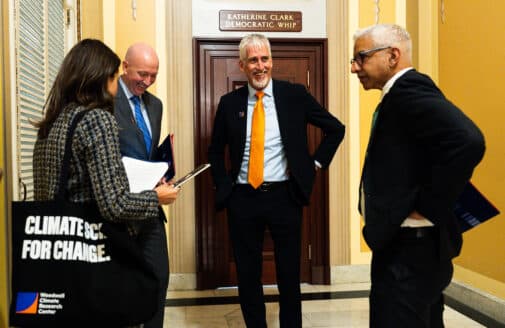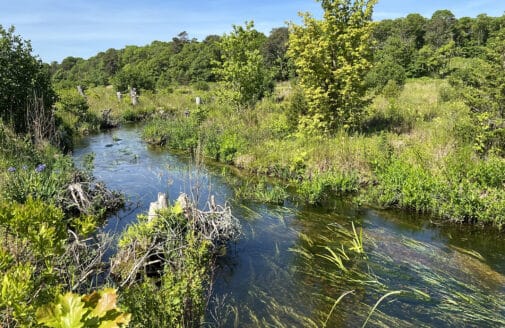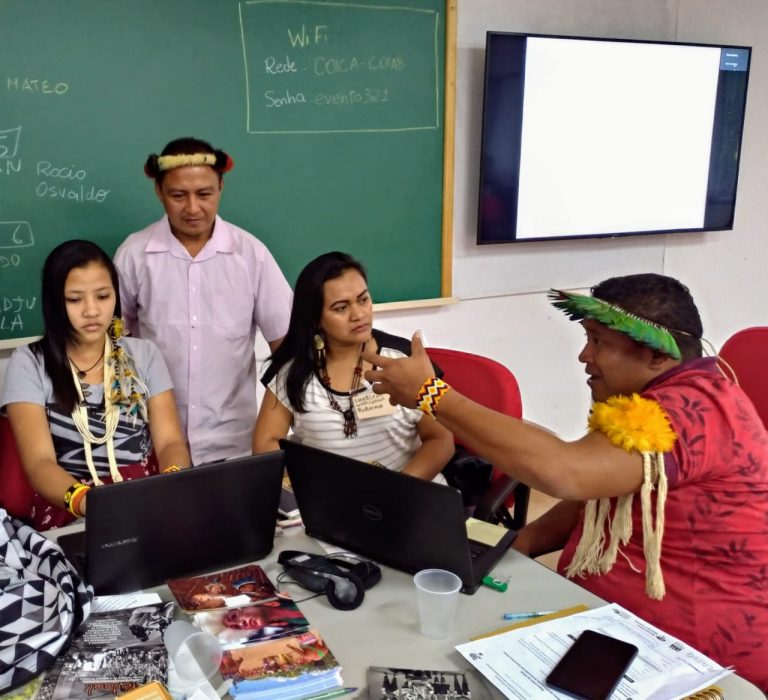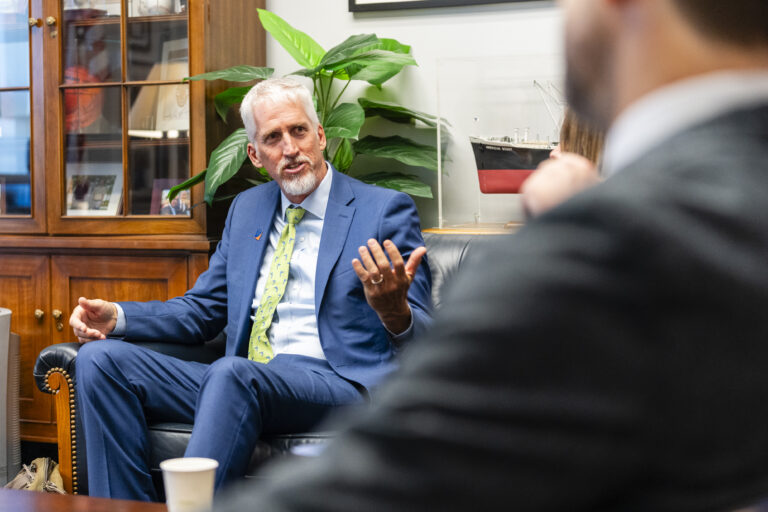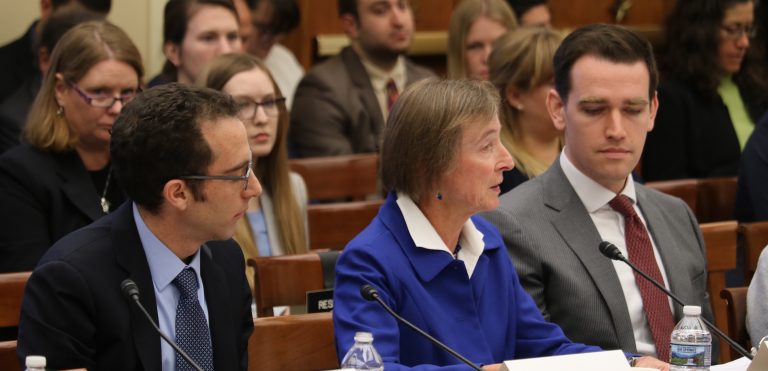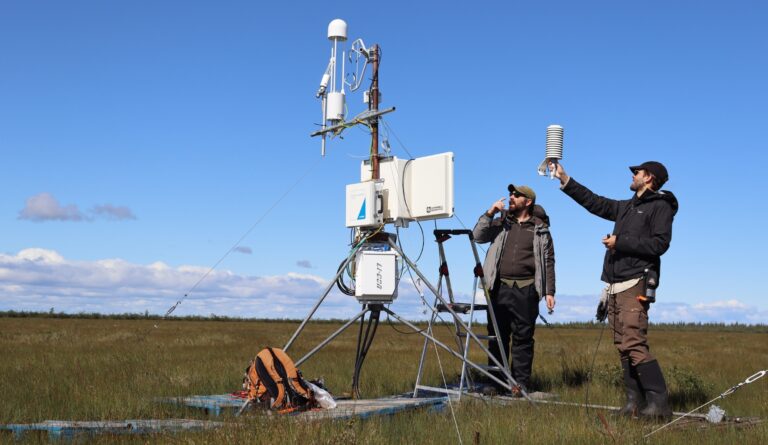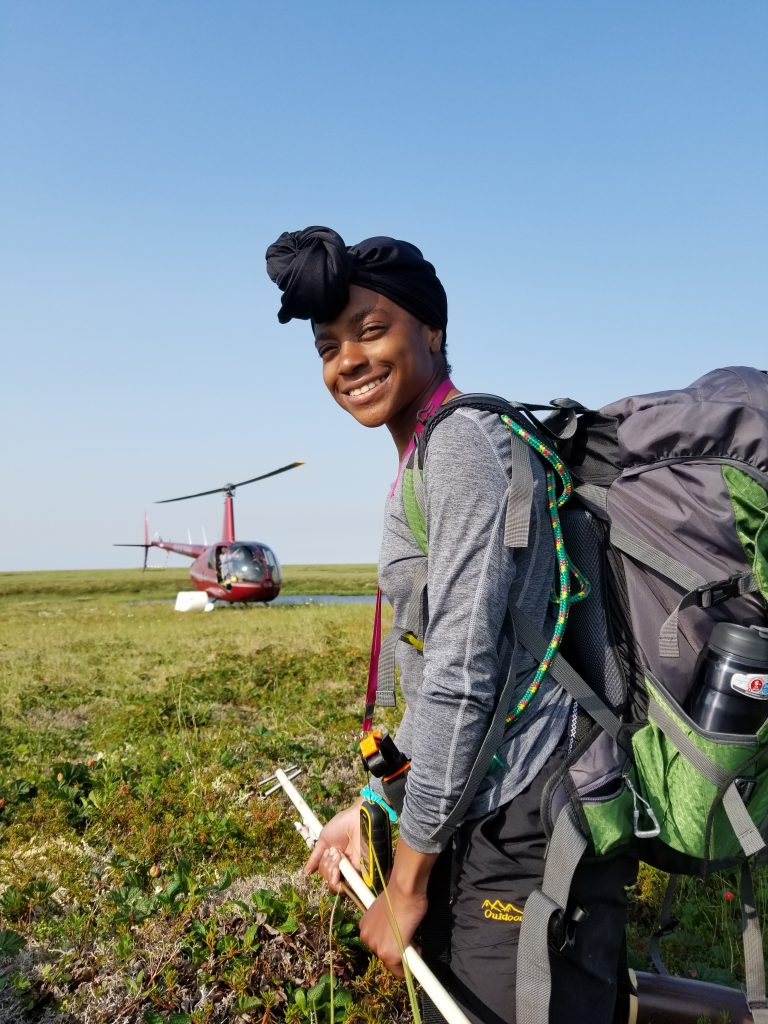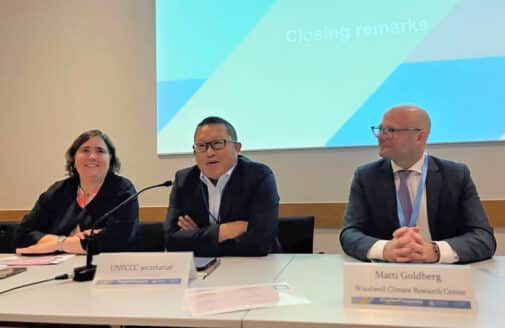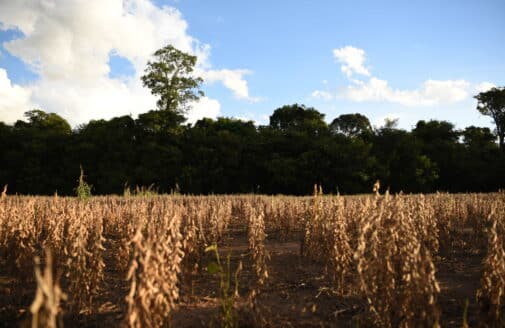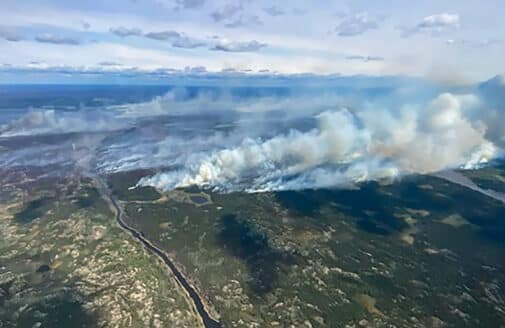From the field to the congressional floor, we are built for impact.
Climate change is an interconnected and multidimensional problem. Our work must be holistic in order to address it. Right from the start, we bring together researchers and stakeholders to establish a research agenda that will produce science with the power to affect policy change on the largest possible scale.
At the same time, we cultivate partnerships at every level—from international organizations and national governments, to public and private institutions, and local communities and Indigenous peoples—ensuring that the knowledge we gain is widely shared and effectively applied.




